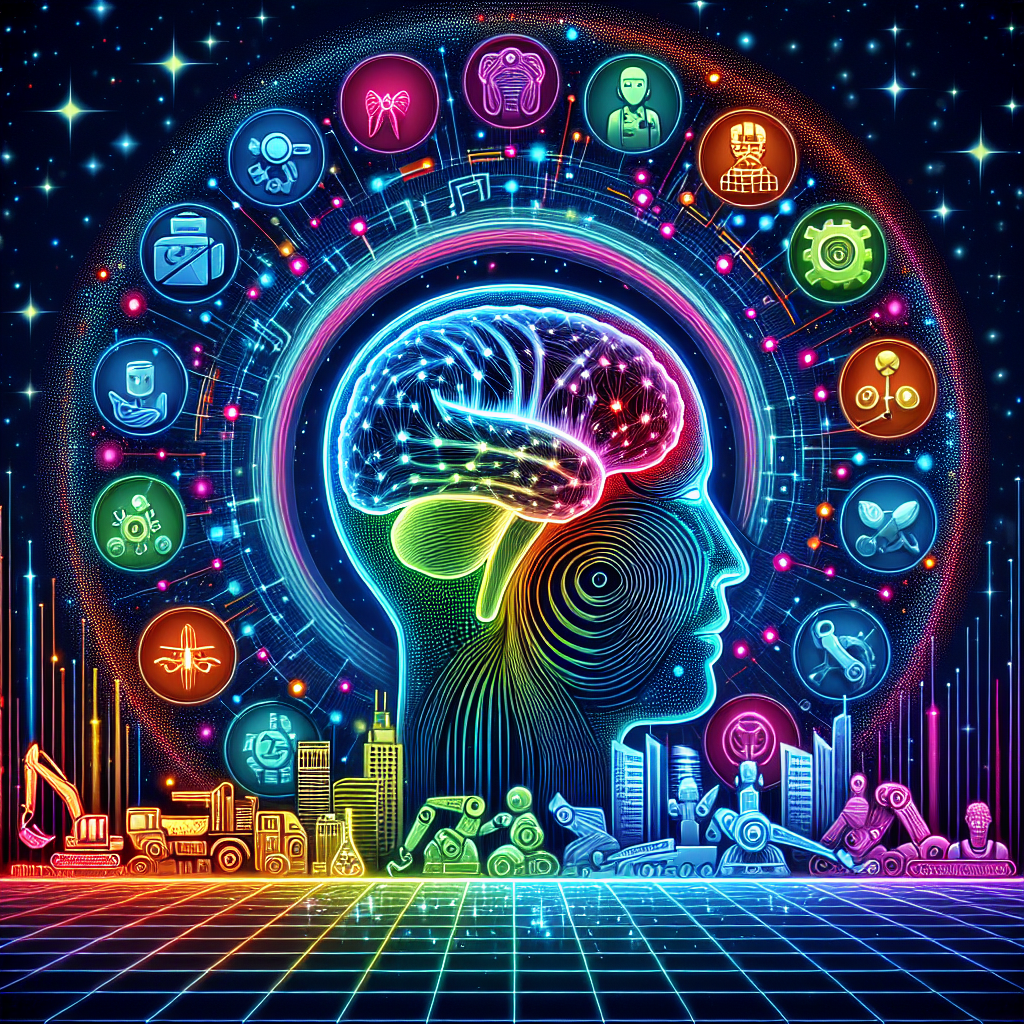Artificial general intelligence (AGI) is a term used to describe the hypothetical ability of a machine to perform any intellectual task that a human can do. While we are not yet at the point where AGI exists in its true form, advances in artificial intelligence (AI) technologies are already changing industries in significant ways.
In this article, we will explore how AGI is already impacting industries and what the future may hold as these technologies continue to evolve.
AGI in Real Life
While AGI may still be a concept of the future, AI technologies are already making a big impact in various industries. Here are some examples of how AGI is changing the landscape:
1. Healthcare: AI-powered tools are being used in healthcare to assist with diagnosis, treatment planning, and patient monitoring. For example, AI algorithms can analyze medical images to detect abnormalities or predict patient outcomes. This can help doctors make more accurate diagnoses and provide better care to patients.
2. Finance: In the finance industry, AI is being used for tasks such as fraud detection, risk assessment, and algorithmic trading. By analyzing large amounts of data in real-time, AI can help financial institutions make better decisions and improve their overall efficiency.
3. Retail: AI-powered chatbots and recommendation engines are transforming the retail industry by providing personalized shopping experiences for customers. These technologies can help retailers better understand their customers’ preferences and offer targeted product recommendations.
4. Manufacturing: AI is being used in manufacturing to optimize production processes, improve quality control, and reduce downtime. By analyzing data from sensors and machines, AI systems can help identify inefficiencies and suggest ways to increase productivity.
5. Transportation: Self-driving cars and drones are examples of AI technologies that are revolutionizing the transportation industry. These vehicles use AI algorithms to navigate traffic, avoid obstacles, and make real-time decisions to ensure safe and efficient travel.
FAQs
Q: What is the difference between AGI and narrow AI?
A: AGI refers to the ability of a machine to perform any intellectual task that a human can do, while narrow AI is designed for specific tasks or domains. Narrow AI systems excel at a single task, such as image recognition or language translation, but lack the general intelligence of AGI.
Q: How close are we to achieving AGI?
A: While significant progress has been made in AI research, we are still far from achieving true AGI. Researchers continue to work on developing AI systems that can learn and adapt in a variety of domains, but there are many technical and ethical challenges that must be addressed before AGI becomes a reality.
Q: What are some of the ethical concerns surrounding AGI?
A: Ethical concerns surrounding AGI include issues related to privacy, bias, job displacement, and the potential for autonomous systems to make decisions that could harm humans. It is important for researchers and policymakers to consider these ethical implications as AI technologies continue to advance.
In conclusion, artificial general intelligence has the potential to revolutionize industries and transform the way we live and work. While we are still in the early stages of this technology, the impact of AI on various industries is already evident. As research in AI continues to progress, it is important for society to consider the ethical implications of AGI and ensure that these technologies are developed and used responsibly.

